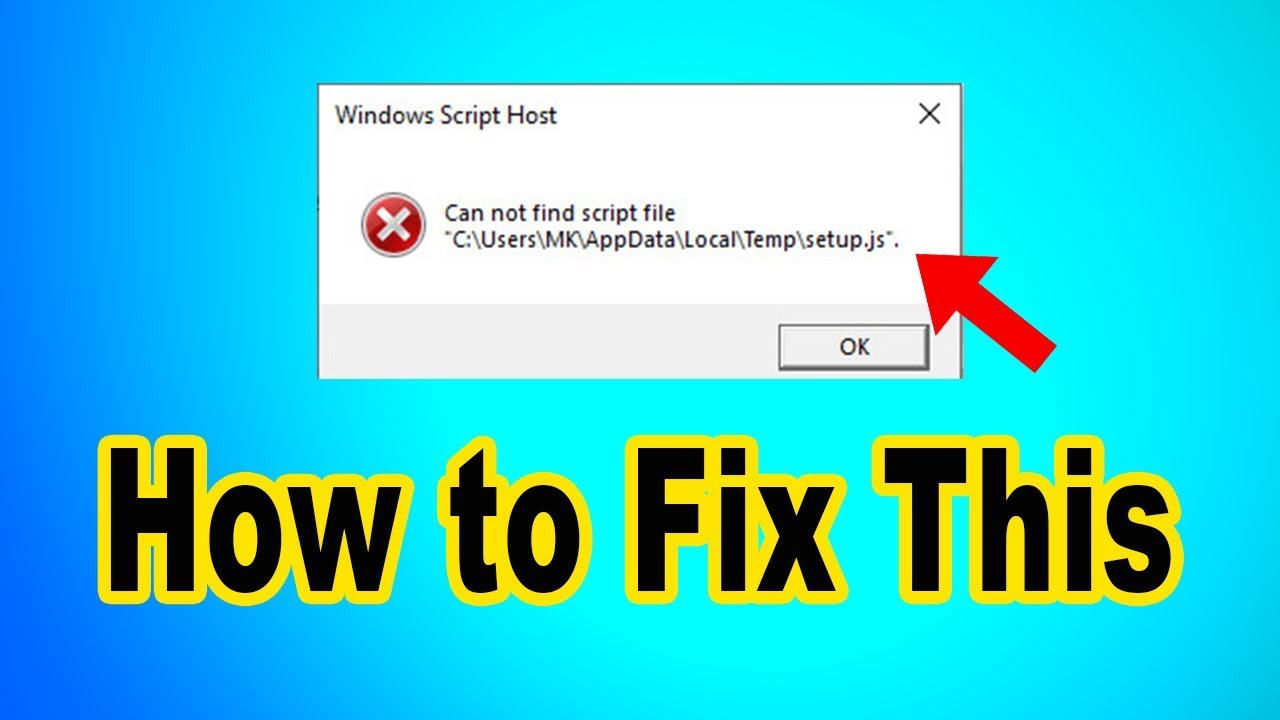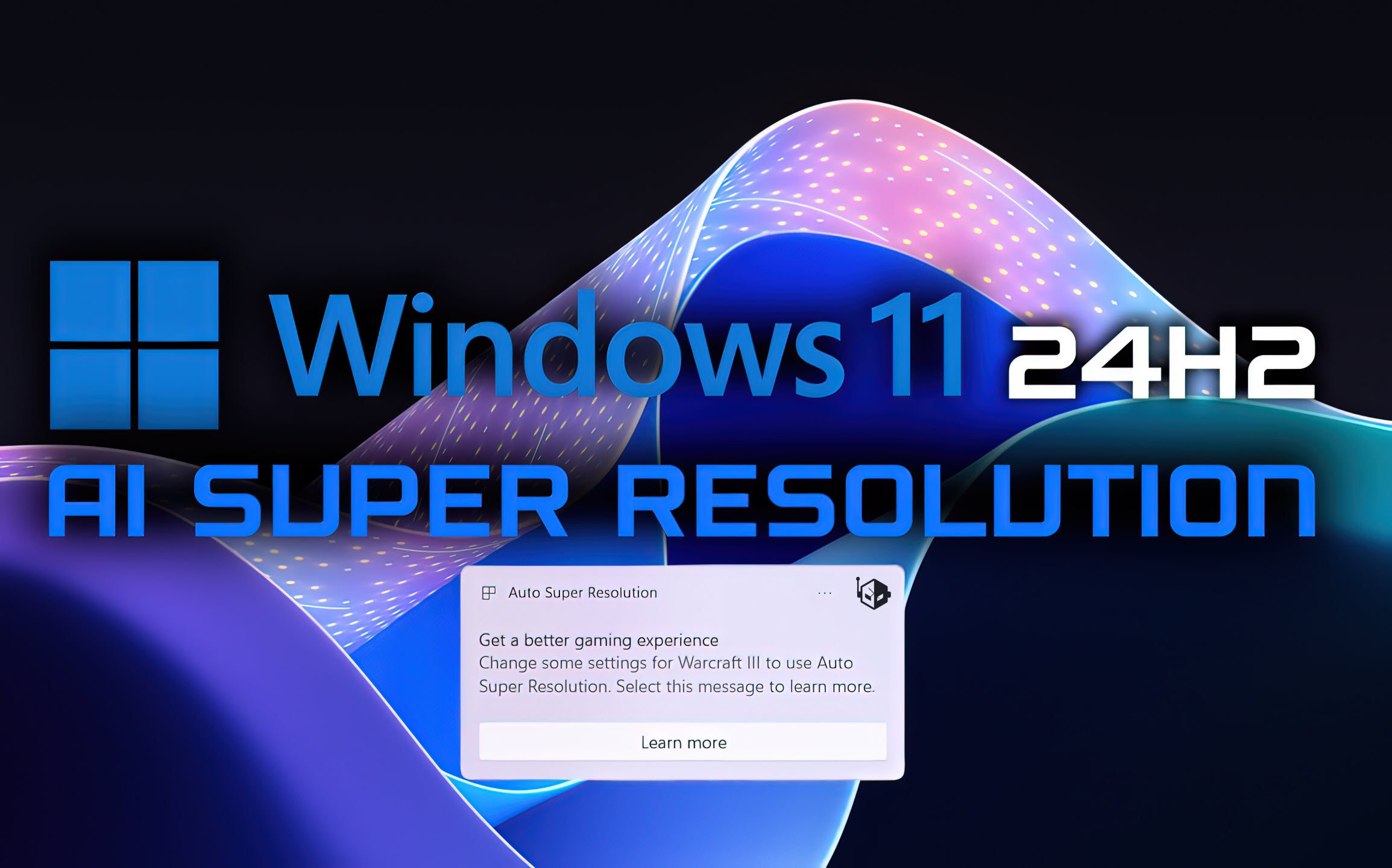What Is Windows Script Host? Its Role in Windows
Windows Script Host (WSH) is a powerful yet often misunderstood component of the Windows operating system. In this comprehensive guide, we’ll unravel the mysteries surrounding WSH, explaining its purpose, history, and the scripting languages it supports.
Windows Script Host: A Closer Look

Windows Script Host, commonly abbreviated as WSH, is a crucial component within the Windows operating system. It serves as a host environment for executing scripts, automating tasks, and managing system settings. Understanding its role is essential for anyone looking to harness the full potential of Windows.
The Core Purpose of WSH
At its core, Windows Script Host acts as an interface between the Windows operating system and scripting languages. It allows users and developers to run scripts written in various languages, making it a versatile tool for automation and customization.
A Brief History of Windows Script Host
The evolution of WSH is closely tied to the development of Windows itself. It has seen significant improvements and changes over the years, becoming more efficient and versatile with each Windows version.
Scripting Languages Supported
One of the strengths of WSH is its support for multiple scripting languages. Some of the most commonly used languages include VBScript and JScript. These languages empower users to create scripts for various purposes, from system administration to software development.
Practical Uses of Windows Script Host
Windows Script Host finds extensive applications in various fields, making it a valuable resource for both IT professionals and enthusiasts. Here are some practical uses of WSH:
System Administration
WSH simplifies system administration tasks by allowing administrators to create scripts for automating routine processes. This includes tasks like user management, file backups, and system monitoring.
Software Development
Developers utilize Windows Script Host to enhance software functionality. Scripting languages like VBScript enable the creation of custom scripts that extend the capabilities of Windows applications.
Task Automation
Automation is at the core of WSH. Users can create scripts to automate repetitive tasks such as batch file processing, data backups, and log file analysis.
Security Considerations and Best Practices
While Windows Script Host offers significant advantages, it’s essential to consider security implications and follow best practices:
Security Risks
WSH scripts can potentially be misused for malicious purposes. Users should be cautious about running scripts from untrusted sources to avoid security risks.
Trusted Scripts
To enhance security, WSH allows users to define trusted scripts and sources. Configuring trusted scripts ensures that only authorized scripts are executed.
Script Signing
Digital signatures can be applied to scripts to verify their authenticity. Script signing is a recommended practice for ensuring the integrity of scripts.
Troubleshooting Windows Script Host Issues
Despite its versatility, users may encounter issues while working with Windows Script Host. Here are some common problems and troubleshooting tips:
Script Execution Errors
If you encounter errors when running scripts, check for syntax errors in the script code. Carefully review the script for any issues and correct them.
Permission Issues
Ensure that you have the necessary permissions to run scripts. In some cases, running scripts as an administrator might be required.
Script Not Running
If scripts aren’t running as expected, verify that the scripting engine (e.g., VBScript or JScript) is enabled on your system. You can enable or disable scripting engines in Windows settings.
Alternatives to Windows Script Host
While WSH is a powerful tool, some users may seek alternatives for specific tasks. Here are a few alternatives to consider:
PowerShell
PowerShell is a robust scripting and automation framework from Microsoft. It offers advanced capabilities for system administration and scripting tasks.
Python
Python is a versatile programming language known for its simplicity and readability. It can be used for various scripting and automation tasks on Windows.
Task Scheduler
Windows Task Scheduler is a built-in tool that allows users to automate tasks without scripting. It’s a user-friendly option for scheduling routine processes.
FAQs to Windows Script Host
Q: What is Windows Script Host, and what does it do?
A: Windows Script Host (WSH) is a component of the Windows operating system that allows users to execute scripts and automate tasks. It acts as a host environment for various scripting languages.
Q: Which scripting languages are supported by Windows Script Host?
A: WSH supports several scripting languages, including VBScript and JScript. Users can choose the language that best suits their scripting needs.
Q: How can I enable or disable Windows Script Host on my Windows system?
A: Users can enable or disable scripting engines in the Windows settings. It’s important to be cautious when making changes to these settings.
Q: What are some practical uses of Windows Script Host?
A: WSH is commonly used for system administration tasks, software development, and task automation. It simplifies routine processes and enhances customization.
Q: Are there any security concerns associated with Windows Script Host?
A: Yes, there are security risks related to executing scripts from untrusted sources. Users should exercise caution and follow best practices to minimize risks.
Q: How can I troubleshoot script execution errors in Windows Script Host?
A: Script execution errors can be caused by syntax errors in the script code. Users should carefully review their scripts and correct any issues.
Q: Can I run scripts with elevated permissions using Windows Script Host?
A: Yes, in some cases, running scripts as an administrator might be necessary to access certain system resources or perform specific tasks.
Q: Are there alternatives to Windows Script Host for scripting and automation on Windows?
A: Yes, alternatives like PowerShell and Python offer robust scripting and automation capabilities on Windows, each with its strengths.
Q: What are the benefits of digitally signing scripts in Windows Script Host?
A: Digitally signing scripts helps verify their authenticity and ensures their integrity. It’s a recommended practice for script security.
Q: How can I choose the right scripting tool for my needs, considering Windows Script Host and alternatives?
A: Choosing the right tool depends on the specific task. Consider factors such as the complexity of the task, your familiarity with the scripting language, and security requirements.
Conclusion
In conclusion, Windows Script Host is a valuable tool for automating tasks, customizing Windows functionality, and enhancing software development. By understanding its capabilities, adhering to security best practices, and troubleshooting common issues, users can harness its power effectively.




